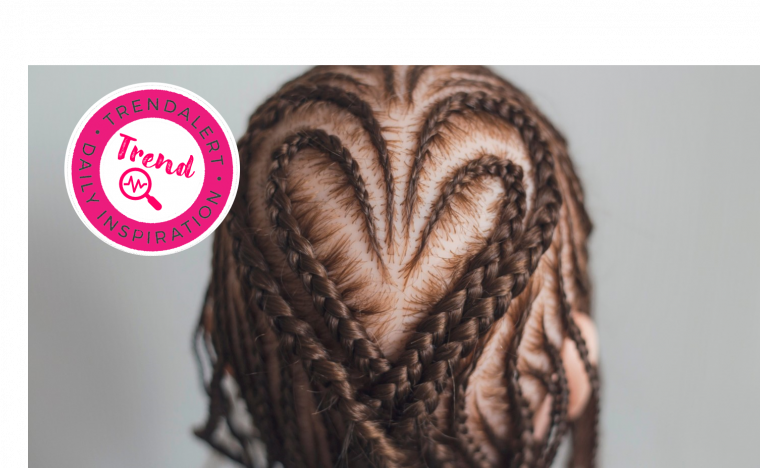Let's talk about epigenetics
Epigenetics, a term that is increasingly heard in the world of science and research, has recently found its way into skincare. But what exactly is it, and how does it affect our skin?
The term "epigenetics" comes from the Greek words "epi" (over) and "genetics" (genes). Epigenetics refers to changes in gene activity that are not caused by changes in the DNA sequence, but by environmental factors such as diet, stress, and exposure to pollutants. These changes can be passed down from generation to generation.
The skin, our largest organ, is constantly interacting with our environment. It is therefore a prime target for epigenetic changes. Epigenetic changes can influence the way our skin cells function and respond, which can have effects on skin health and appearance.
External factors such as UV radiation, environmental pollution, diet, stress, and sleep can cause epigenetic changes in skin cells. These changes can accelerate skin aging, increase skin sensitivity, and worsen skin problems like acne, rosacea, and hyperpigmentation. These outside influences establish a distinct epigenetic blueprint in the skin's genetic structure, which governs the behavior of specific genes. Adverse impacts and aging can turn off genes that are relevant to the skin and "youth genes," even though there are no alterations in the genetic data. Instead, tiny chemical entities attach to the DNA — a process referred to as DNA methylation, which is reversible.
In recent years, scientists and cosmetic manufacturers have begun exploring the possibilities of how epigenetic science can be utilized in skincare formulations to improve skin health and appearance.
Some skincare products now contain ingredients that aim to minimize or reverse the epigenetic changes caused by environmental factors. These products can help slow down skin aging, improve skin texture, and reduce the occurrence of skin problems.

- RoyalEpigen P5, a biologically active peptide, has been shown to delay cell aging by applying new discoveries in epigenetic science. It acts on an important epigenetic mechanism (expression of miRNA ) and thus positively influences the production of proteins such as collagens and other skin components. It was shown to accelerate epidermal regeneration for a smooth skin and activates the cellular cleaning process.
- Depolluphane EpiPlus protects skin cells in the long-term from the epigenetic changes caused by pollution. Based on artichocke and organic cress sprouts extract, it shields skin against particulate matter and activates the skin’s detoxification system.









